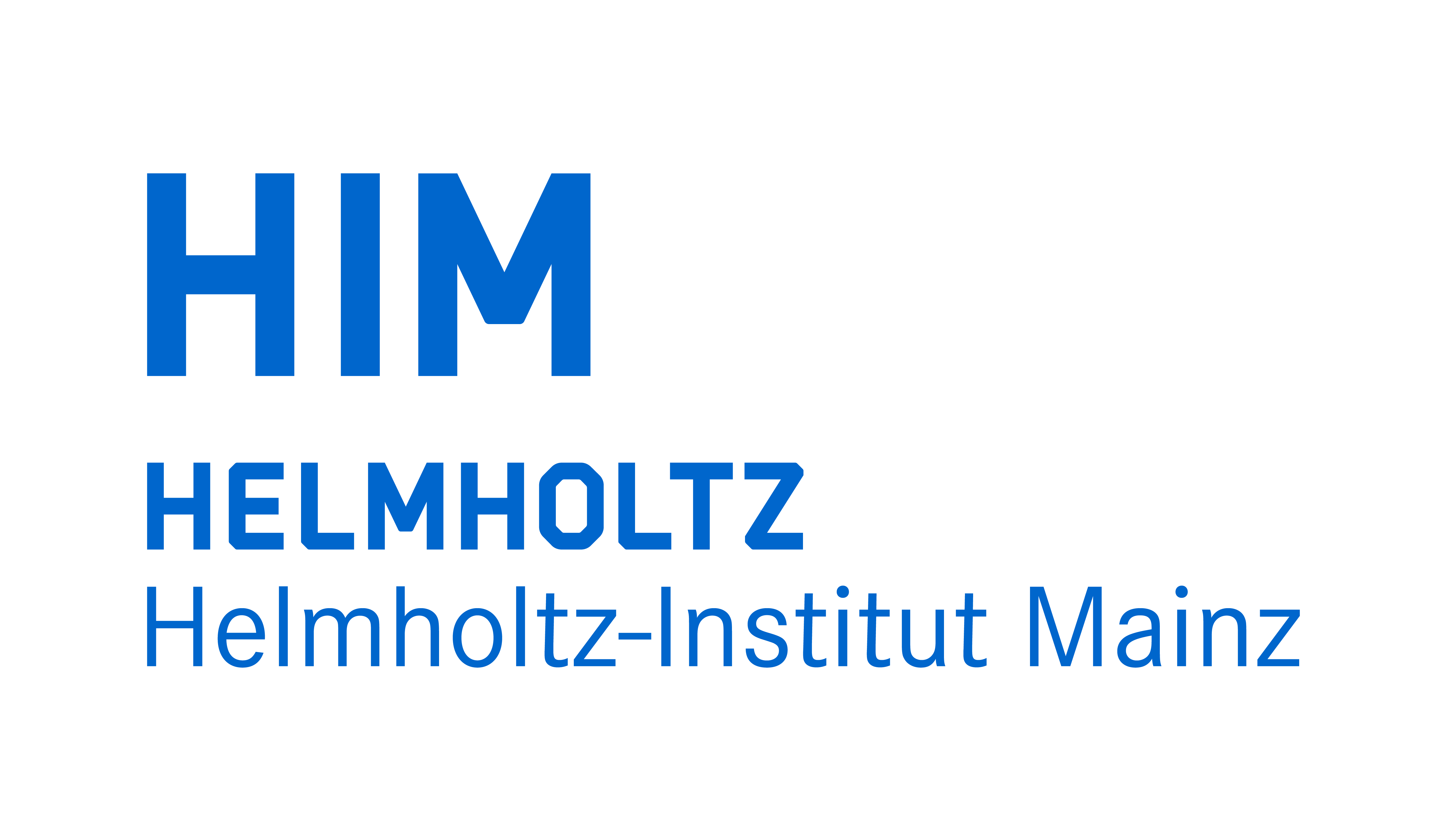


Physikalisches Kolloquium
April 22, 2014 at
4:15 p.m. c.t.
in
Hörsaal des Instituts für Kernphysik, Becherweg 45
Prof. Dr. Friederike Schmid
Institut für Physik
friederike.schmid@uni-mainz.de
Prof. Dr. Hartmut Wittig
Institut für Kernphysik
hartmut.wittig@uni-mainz.de
The Amazing Electron and Its Moments: Most Stringent Tests of the Standard Model and Proposed Extensions
Leverett Professor Gerald Gabrielse (Department of Physics, Harvard University, Cambridge)
The standard model of particle physics is the great triumph and the great frustration of modern physics. It predicts the value of the electron magnetic moment -- the most precisely measured property of an elementary particle -- to better than a part per trillion. Yet, it cannot explain why a universe made of matter rather than antimatter remains after the big bang, or dark energy, or dark matter, or inflation. Our ACME collaboration has just completed a 12 times more sensitive measurement of the electron's electric dipole moment. Extensions to the standard model, posited to possibly fix some deficiencies of the standard model, generally predict an electron electric dipole moment that could be within range of this new measurement sensitivity. This is a good place to test such extensions to the standard model insofar as the standard model predicts that the electric dipole moment of the electron is much too small to measure.